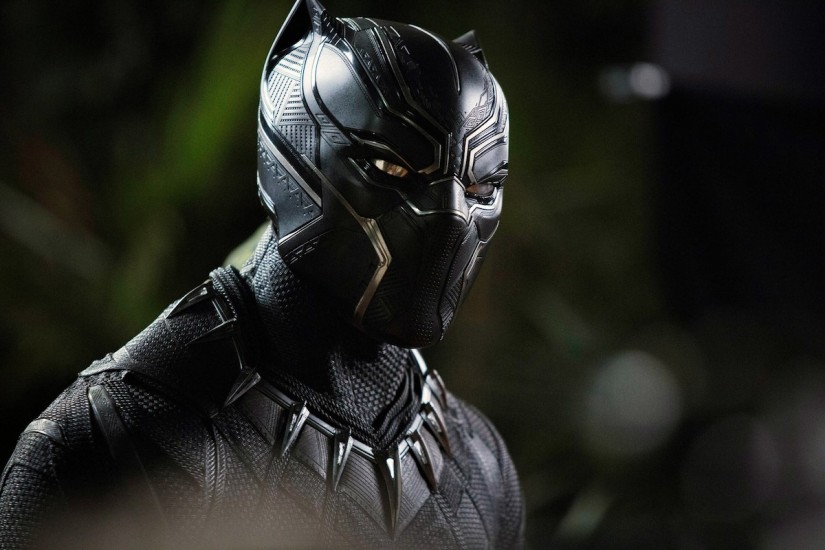There is a fundamental dissonance in the term “African-American,” two feuding ancestries conjoined by a hyphen. That dissonance—a hyphen standing in for the brutal history that intervened between Africa and America—is the subject of “Black Panther,” Ryan Coogler’s brilliant first installment of the story of Marvel Comics’ landmark black character. “I have a lot of pain inside me,” Coogler told an audience at the Brooklyn Academy of Music, on Wednesday night. “We were taught that we lost the things that made us African. We lost our culture, and now we have to make do with scraps.” Black America is constituted overwhelmingly by the descendants of people who were not only brought to the country against their will but were later inducted into an ambivalent form of citizenship without their input. The Fourteenth Amendment, which granted citizenship to all those born here, supposedly resolved the question of the status of ex-slaves, though those four million individuals were not consulted in its ratification. The unspoken yield of this history is the possibility that the words “African” and “American” should not be joined by a hyphen but separated by an ellipsis.
Our sensibilities are accustomed to Marvel films offering clear lines of heroism and villainy, but “Black Panther” dispatches with its putative villain, Ulysses Klaue, a white South Africa-based arms dealer, halfway through the film. Chadwick Boseman’s T’Challa, the Black Panther and the King of Wakanda, confronts Erik Killmonger, a black American mercenary, played by Michael B. Jordan, as a rival, but the two characters are essentially duelling responses to five centuries of African exploitation at the hands of the West. The villain, to the extent that the term applies, is history itself.
Wakanda is a technologically advanced kingdom in Central Africa that was never colonized by any Western power. T’Challa, the noble leader of an unvanquished people, upholds the isolationism that has always kept the kingdom safe; Killmonger, driven by the horrors that befell those who were stolen from the continent, envisions a world revolution, led by Wakanda, to upend the status quo. When Killmonger arrives there, after the death of King T’Chaka (the father of T’Challa), he sets in motion a reckoning not only with his rival but with broader questions of legitimacy, lineage, and connection. Black Panther, as Ryan Coogler pointed out in Brooklyn, has been an inherently political character since his inception, during the Black Power era of the nineteen-sixties. He is a refutation of the image of the lazy and false African, promulgated in the white world and subscribed to even by many in the black one. Coogler told Marvel up front that his version of the story would remain true to those political elements. It is shot through with the sense of longing and romance common to the way that people of a diaspora envision their distant homeland.

